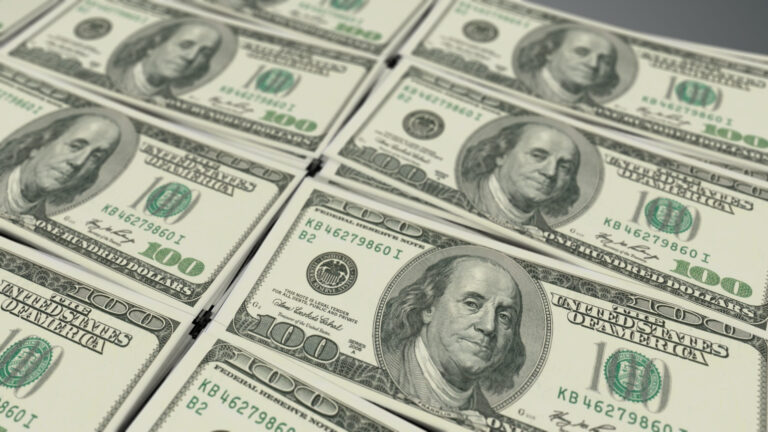The Coronavirus Aid, Relief, and Economic Security Act (CARES Act) includes rebate payments for individuals.
Eligible individuals will receive rebate payments via direct deposit or check if they filed a tax return or received social security payments in 2018 or 2019.
Rebates in the amount of $1,200 to individuals and $2,400 to married filing jointly should begin to be paid in the next three weeks. Those with qualifying children under age 17 will receive an additional $500 per child.
Full rebate payments will be made to those individuals with adjusted gross income less than $75,000 or $150,000 for married filing jointly.
Those with adjusted gross income exceeding the thresholds will have their rebates reduced by $5 for every $100 above the threshold.
The rebate payments will totally phaseout once adjusted gross income exceeds $99,000 for individuals and $198,000 for married filing jointly if there are no qualifying children.
If the taxpayer has qualifying children, the final phaseout amount will be slightly higher due to the rebate amount being higher than $1,200 or $2,400.
- Example 1 – John Smith’s 2018 adjusted gross income was $70,000 and had his refund direct deposited. John has not filed his 2019 return. He will be receiving a $1,200 rebate sometime in April via direct deposit.
- Example 2 – Joe and Elizabeth Martin’s 2019 adjusted gross income was $165,000 and they mailed a check to pay their tax liability. They will receive a rebate payment sometime in April in the amount of $1,650. (165,000 – 150,000 = 15,000; 15,000/100 = 150; 150 x 5 = 750; 2,400 – 750 = 1,650)
- Example 3 – Bob and Barbara Romo’s have 3 qualifying children and their 2019 adjusted gross income was $130,000. They will receive a rebate check sometime in April in the amount of $3,900.
- Example 4 – Dorothy Hawkins received social security payments in 2019 and wasn’t required to file a tax return. She will receive a rebate payment sometime in April in the amount of $1,200.
A valid social security number is required for taxpayer, spouse and all qualifying children.
If a taxpayer is claimed as a dependent by someone else, they will not receive a rebate payment.
The rebate payment is considered an advance payment. The amount received will be reported on the taxpayer’s 2020 tax return and if their 2020 adjusted gross income, qualifying child or spousal situation has changed, they may be entitled to an additional amount of rebate payment which will be credited on their 2020 tax return.
The Act does not specify whether a rebate received in 2020 will be required to be paid back if the taxpayer’s actual 2020 rebate amount reported on the tax return is less than what was paid in 2020.
As long as a return is filed in 2018, 2019 or 2020 and taxpayer’s adjusted gross income does not exceed the phaseout amounts mentioned above they will receive a rebate payment in the form of a 2020 direct deposit/check or a credit on their 2020 tax return when filed in 2021.


